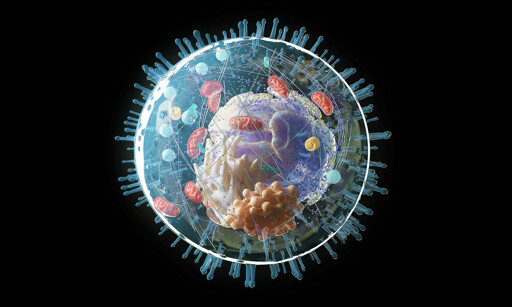In this study, the scientists simulated the process of spaced learning by examining two types of non-brain human cells — one from nerve tissue and one from kidney tissue — in a laboratory setting.
These cells were exposed to varying patterns of chemical signals, akin to the exposure of brain cells to neurotransmitter patterns when we learn new information.
The intriguing part? These non-brain cells also switched on a “memory gene” – the same gene that brain cells activate when they detect information patterns and reorganize their connections to form memories.



I think muscle memory is just a phrase, but the training that makes and embed the “muscle memory” is essentially nural
yeah sorry I still feel that is neural just not all the way to the brain. I guess what I was trying to say if the article is not that cells hold your memory but that they hold their type of memories is a similar way.